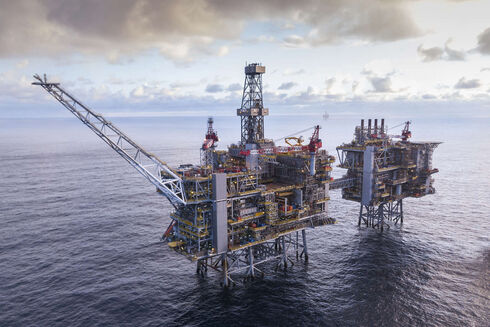
Oil and energy security
10 March 2022

Kwasi Kwarteng, the secretary of state for business, energy and industrial strategy, made some significant comments in Parliament yesterday on the phasing out of Russian oil imports in reaction to Vladimir Putin’s invasion of Ukraine.
The UK joins key allies, including the United States, these imports, which makes up 44% of Russian exports and 17% of the government revenue through taxation.
“Russia produces only a fraction of the fuel products currently imported to the UK,” he said. “In a competitive global market for oil and petroleum products, demand can be met by alternative sources of supply.”
The secretary of state said that imports would be phased out during the course of the year to give businesses and supply chains time to find substitute supplies.
“Whilst Russian imports account for 8% of total UK oil demand, the UK is also, one should remember, a significant producer of both crude oil and petroleum products. We participate in a global market for these products and we have resources in place in the unlikely event of supply disruption,” Mr Kwarteng said.
He added that the government would work closely with international partners including the USA, the Netherlands, and the Gulf to source alternative supplies of fuel products, while also emphasising that the aim is to end reliance on Russian hydrocarbons.
This chimes with the government’s stated intention to achieve net zero emissions by 2050. However, he also said that, “In the meantime, we need more investment in North Sea oil and gas production as we make the move to cheaper and cleaner power,” which is something the blog discussed recently.
“Turning off domestic production – as some are calling for – at this moment would be completely the wrong thing to do. We’re not going to do it.
“The Prime Minister has also confirmed that the government will set out an energy strategy to explain the UK’s long-term plans for greater energy security, including both renewable and nuclear power,” he added.
While some green lobbyists will disapprove of more North Sea oil and gas production on ideological grounds, the real-life truth is that we will need fossil-fuel based energy sources for some time yet, especially to power heavier equipment in hire fleets.
So equipment running on clean diesel will be part of the transition to net zero, alongside alternatives such as machines wholly or partly powered by battery, electric, solar or hydrogen sources.
Having a domestic source of oil and gas is obviously hugely advantageous in the current global economic climate.
Mind you, with the looming removal of the red diesel rebate in construction and prices spiralling in the wake of the Ukraine war (one filling station in London reportedly has diesel at £2.19 per litre), the cost of fuel and the impact on businesses is another challenge altogether.
Photo: BP Images

